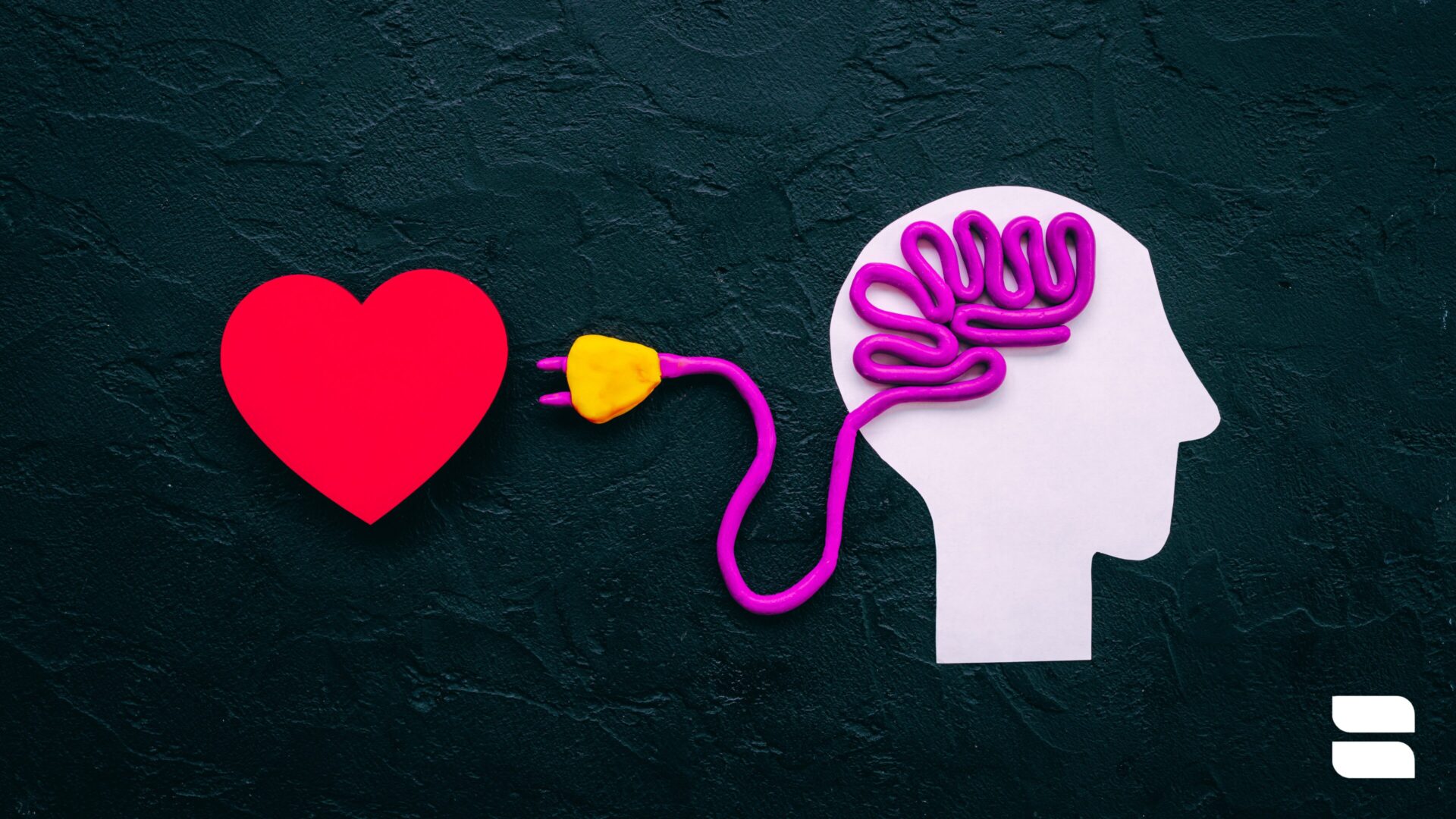In today’s world, the need for high-quality behavioral health care has never been greater. More people are seeking support for their mental and emotional well-being, and treatment centers and providers are working harder than ever to meet that need. But behind every meaningful client interaction is a clinician often burdened by rising caseloads, tight compliance standards, and an overwhelming amount of administrative work.
The behavioral health industry isn’t just another healthcare vertical—it’s a field driven by purpose. It demands deep emotional labor, consistent regulatory adherence, and a commitment to human connection that cannot be rushed. Yet despite its importance, behavioral health has historically been underserved by technology. Many EMRs and support systems were built generically, forcing providers to adapt to software that doesn’t reflect the realities of their day-to-day life.
AI has the potential to change that—but only if it’s designed with intention. In behavioral health, AI must be safe, supportive, and seamlessly embedded in the work clinicians are already doing. It must respect the confidentiality of patient data and enhance—not disrupt—the therapeutic process. When implemented with care, AI can ease documentation burdens, reduce clinician burnout, and create more space to focus on people, not paperwork.
Built for Workflow, Backed by Security
The most meaningful AI advancements in healthcare aren’t flashy—they’re functional. They quietly solve the pain points that slow teams down: documentation backlogs, note fatigue, and time lost toggling between systems. But in behavioral health, even these helpful tools must meet the industry’s highest standards for data protection and privacy. When AI operates within a HIPAA-compliant framework—and is supported by secure infrastructure like Microsoft Azure—it becomes a tool clinicians can trust. Session audio doesn’t need to be stored, shared, or reused. Instead, AI can work in a closed-loop environment, helping clinicians streamline their workflow without compromising patient confidentiality or safety.
From Concern to Confidence: Reframing the Role of AI in Behavioral Health
Despite its promise, AI in healthcare has often sparked scepticism—especially in behavioral health, where the therapeutic relationship is sacred. Headlines have warned of automation gone too far, data privacy missteps, or the fear of human roles being replaced. These concerns aren’t unwarranted. They reflect the care this field demands when adopting any new technology.
But a positive shift is happening.
Across the industry, behavioral health providers are beginning to embrace AI not as a replacement for human work—but as a tool for preserving it. In recent studies, providers using AI-powered documentation support have reported less burnout, faster note completion, and more time to devote to clients. The American Psychiatric Association has even noted that clinician-guided AI tools can help reduce barriers to access and improve outcomes when implemented responsibly.
And responsible implementation is the key.
AI in behavioral health isn’t about taking the wheel—it’s about clearing the road. It’s about removing administrative barriers that bog down care, easing the mental load on providers, and reducing the risk of errors through smart automation. When clinicians remain in full control and data remains protected, AI becomes a trusted assistant—not a threat.
Real Results, Without the Risks
At Alleva, we’ve focused on building AI tools that do exactly that: reduce friction without compromising trust. Our AI suite includes:
- Alleva Echo, which listens to in-person or telehealth sessions and generates structured, compliant session notes in real time—saving hours on documentation while preserving clinical integrity (session data is not saved).
- Travis AI, a HIPAA-compliant assistant built directly into the EMR that offers 24/7 guidance, customizable shortcuts, and instant answers for busy staff.
If you’d like to learn more about our AI capabilities, please reach out to us here.
Using automation in your therapy notetaking process has shown:
- 80% reduction in note-taking time and documentation backlog
- 40% reduction in stress and burnout
- 20% increase in revenue and operational efficiency
- 15% increase in client retention
These are real numbers, driven by real workflows. They reflect a future where AI becomes an invisible ally—supporting compliance, amplifying efficiency, and creating space for care.
A Support System That Stays Behind the Scenes
When thoughtfully implemented, AI blends seamlessly into daily routines. It doesn’t take over or disrupt. It supports from the background—letting providers focus on the human connection at the heart of behavioral health.
Because in this industry, time isn’t just money. Time is trust. Time is healing. And when we give clinicians more of it, everyone benefits.

